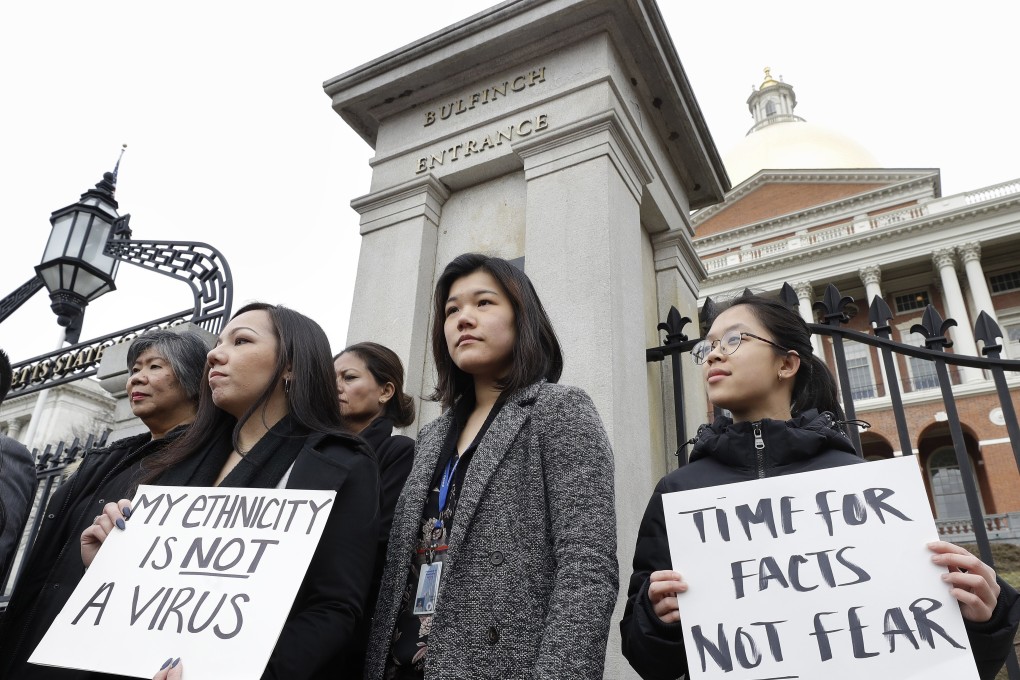Asian-Americans prefer Joe Biden to Donald Trump and it could prove decisive in November election
- The survey of 1,569 registered Chinese, Indian, Korean, Vietnamese, Japanese and Filipino American voters showed Biden preferred 54 per cent to 30 per cent
- Battleground states such as Arizona, Pennsylvania and North Carolina have become increasingly diverse and voters there may greatly determine the result

The survey of 1,569 registered Chinese, Indian, Korean, Vietnamese, Japanese and Filipino American voters across the nation was conducted by APIAVote, AAPI Data and Asian-Americans Advancing Justice-AAJC, who argue that Asian-American voters could play a critical role in increasingly diverse battleground states such as Arizona, Pennsylvania and North Carolina.
Even in highly competitive swing states such as Wisconsin, where political news coverage is often dominated by the potential preferences of white voters, “there are Hmong farmers and voters out in the rural areas” whose votes could be critical, “especially if you’re looking at a win where every vote really does count”, said Christine Chen, executive director of APIAVote, a non-partisan engagement group.
As with all voting blocs, basic racial identification only tells a small part of the story. Among the Asian-American nationalities surveyed, Indian Americans were the most pro-Democratic group, with 54 per cent identifying as Democrats and 16 per cent as Republicans.
Vietnamese Americans were by far the most pro-Republican group polled, with 38 per cent identifying as Republicans versus 27 per cent as Democrats, which is common for groups who arrived in the US after fleeing communist countries.
Democrats held at least a 15 per cent party identification advantage with every other Asian-American group polled, though Chinese-American registered voters were the only group where self-identified independents outnumbered self-identified Democrats, 41 per cent to 38 per cent.
The number of Chinese Americans identifying as independents rather than Democrats has grown recently due to stronger immigration from mainland China, while many previous immigrants came from Taiwan or Hong Kong, Chen said.